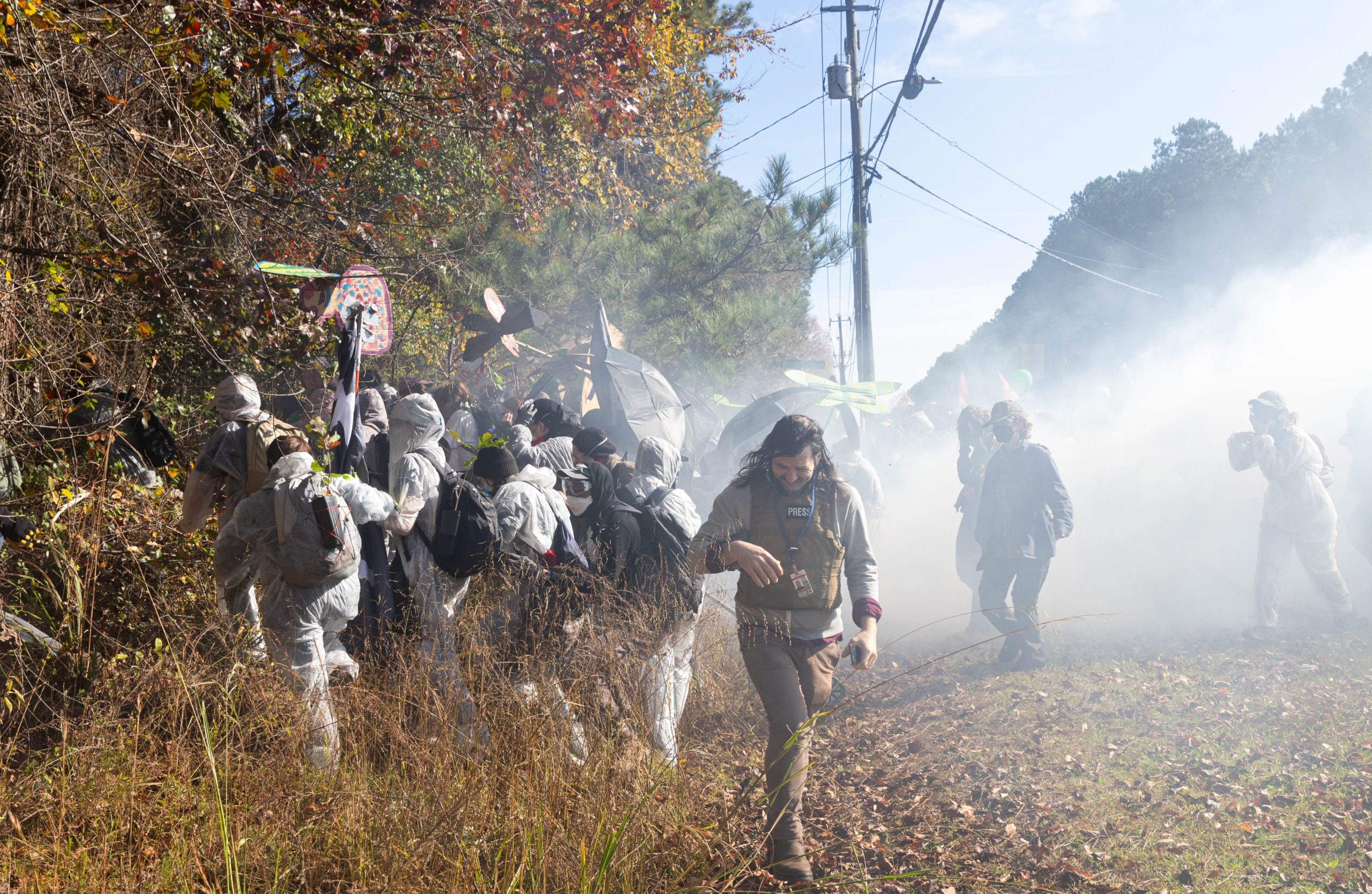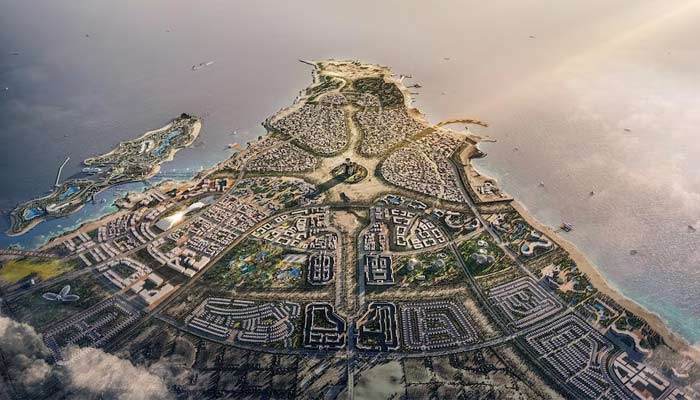Press freedom and environmental issues are two pillars of modern society, each essential for the functioning of democracy and the preservation of our planet. Yet, their intersection is often overlooked, despite the profound impact that journalism can have on environmental awareness, policy-making, and activism. In this article, we delve into the intricate relationship between press freedom and the environment, exploring how journalists navigate this terrain, the challenges they face, and the crucial role they play in shaping public discourse and driving change.
1. Introduction to Press Freedom and Environmental Reporting Press freedom is the cornerstone of democracy, enabling journalists to hold power to account, uncover wrongdoing, and inform the public. Environmental reporting, on the other hand, focuses on issues such as climate change, pollution, deforestation, and biodiversity loss, aiming to raise awareness and spur action to protect the planet.
2. The Power of Information At the heart of the intersection between press freedom and the environment lies the power of information. Journalists serve as watchdogs, uncovering environmental abuses, exposing the consequences of unsustainable practices, and providing a platform for marginalized voices, such as indigenous communities affected by resource extraction.
3. Environmental Journalism: Challenges and Opportunities Environmental journalism faces numerous challenges, including corporate interests, political pressure, censorship, and dwindling resources for investigative reporting. Despite these obstacles, journalists have a crucial role to play in informing the public, holding governments and corporations accountable, and catalyzing change.
4. Investigative Reporting and Environmental Accountability Investigative journalism shines a light on environmental injustices, from illegal logging in the Amazon to toxic waste dumping in disadvantaged communities. By uncovering these abuses, journalists can spur legal action, public outrage, and regulatory reforms.
5. Climate Change Communication Climate change represents one of the greatest challenges of our time, requiring urgent action at the global, national, and local levels. Journalists play a vital role in communicating the science, impacts, and solutions of climate change, bridging the gap between experts and the public and fostering informed debate.
6. Media Coverage of Environmental Disasters From oil spills to natural disasters exacerbated by climate change, environmental disasters capture headlines and public attention. Journalists provide critical coverage of these events, documenting their causes, impacts, and response efforts, and holding responsible parties to account.
7. Indigenous Knowledge and Environmental Reporting Indigenous communities possess valuable knowledge and practices for living in harmony with the environment, yet their voices are often marginalized in mainstream media coverage. Environmental journalists have a responsibility to amplify indigenous perspectives, highlight their struggles against land grabs and environmental degradation, and advocate for their rights.
8. The Role of Photojournalism and Visual Storytelling Images are powerful tools for environmental storytelling, evoking emotional responses and bringing distant environmental issues into sharp focus. Photojournalists capture the beauty of nature, the devastation of environmental destruction, and the resilience of communities fighting for environmental justice.
9. Environmental Activism and Media Coverage Environmental activism, from grassroots protests to international campaigns, relies on media coverage to amplify its message and mobilize public support. Journalists serve as conduits for activists, providing a platform for their voices, documenting their actions, and challenging the status quo.
10. Corporate Influence on Environmental Reporting Corporate interests often clash with environmental reporting, as companies seek to downplay their environmental impact, silence critics, and shape public opinion through greenwashing and media manipulation. Journalists must navigate these conflicts of interest with integrity and vigilance, ensuring that the public receives accurate and unbiased information.
11. Digital Media and Citizen Journalism The rise of digital media and social networks has democratized the production and dissemination of news, empowering citizen journalists and environmental activists to bypass traditional gatekeepers and reach global audiences. While this democratization offers new opportunities for environmental reporting, it also poses challenges in terms of credibility, accuracy, and misinformation.
12. Global Perspectives on Press Freedom and Environmental Reporting Press freedom varies widely around the world, with some countries offering robust protections for journalists, while others impose censorship, harassment, and violence. Similarly, environmental reporting faces different challenges depending on the political, economic, and cultural context, highlighting the need for international solidarity and support for journalists at risk.
13. Environmental Advocacy and Journalism Ethics Environmental journalism raises ethical questions about objectivity, advocacy, and the role of the journalist as a neutral observer versus an agent of change. While journalists strive to uphold principles of accuracy, fairness, and impartiality, they also have a duty to expose environmental wrongdoing and advocate for the public interest.
14. Solutions Journalism and Environmental Solutions Amidst the doom and gloom of environmental reporting, solutions journalism offers a ray of hope by highlighting innovative approaches to sustainability, conservation, and climate adaptation. By showcasing success stories and best practices, journalists can inspire action and empower readers to become part of the solution.
15. Collaboration and Cross-Border Reporting Environmental challenges transcend national borders, requiring collaboration and cross-border reporting to uncover the full scope of issues such as deforestation, wildlife trafficking, and pollution. Journalists collaborate across borders to share resources, expertise, and data, amplifying their impact and holding transnational actors to account.
16. Environmental Education and Media Literacy Media literacy is essential for navigating the complex landscape of environmental reporting, distinguishing between fact and fiction, bias and objectivity, and credible sources and misinformation. Environmental education programs can empower citizens to critically evaluate media coverage, engage with scientific evidence, and take informed action on environmental issues.
17. The Role of Nonprofit Media and Independent Journalism Nonprofit media organizations and independent journalists play a crucial role in filling gaps in environmental reporting, pursuing stories that may be overlooked or ignored by mainstream outlets. By relying on grants, donations, and reader support, these media entities uphold journalistic integrity and editorial independence, free from commercial pressures.
18. Government Accountability and Freedom of Information Government transparency and accountability are essential for effective environmental governance, yet journalists often face obstacles in accessing information, such as bureaucratic barriers, red tape, and freedom of information restrictions. Press freedom is closely intertwined with the public’s right to know, holding governments accountable for their environmental policies and actions.
19. Environmental Justice and Media Representation Environmental reporting must strive for diversity, equity, and inclusion, ensuring that the voices of marginalized communities are heard and their struggles for environmental justice are acknowledged. Journalists have a responsibility to challenge systemic inequalities, amplify underrepresented perspectives, and foster dialogue across diverse stakeholders.
20. Conclusion: The Imperative of Press Freedom for Environmental Sustainability Press freedom is not a luxury but a necessity for environmental sustainability, enabling journalists to shine a light on environmental issues, amplify marginalized voices, hold power to account, and catalyze public action. As we confront the existential threats of climate change, biodiversity loss, and environmental degradation, the role of journalists as guardians of press freedom and defenders of the planet has never been more vital. Through their tireless reporting, investigative journalism, and commitment to the public interest, journalists have the power to shape a more just, sustainable, and resilient world for present and future generations.
21. Further Reading and Resources For those interested in delving deeper into the intersection of press freedom and the environment, here are some recommended readings and resources:
- “The Elements of Journalism” by Bill Kovach and Tom Rosenstiel
- “Environmental Journalism: A Primer for Environmental Professionals” by Joseph A. Davis
- The Society of Environmental Journalists (SEJ)
- Columbia Journalism Review’s



